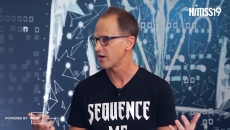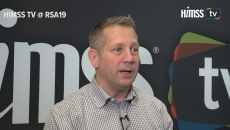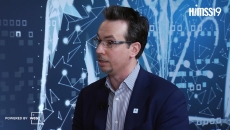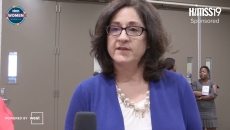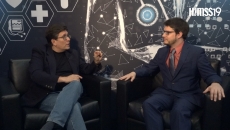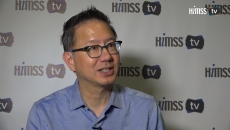Provider
Bryce Olson, healthcare strategist at Intel, shares his remarkable precision medicine survival story and how his work is empowering other cancer patients.
Cradlepoint CSO Todd Kelly says as 5G becomes more prolific in the next several years, the use of mobile and IoT devices will bring better healthcare delivery to the edge of networks.
Because telehealth tools enable faster access to care and help emergency clinicians make decisions at the bedside to reduce unnecessary admissions and length of stay, costs are being reduced, says Anton Arbatov, senior director SOC Telemed.
Right now, technology is diminishing clinician and patient experience. It could and should be improving them.
Consumers aged 65 years or older were also the most likely demographic to believe that their treatments aren't being optimized on a personal level.
There are opportunities for women in the digital space and there is real value of having a diverse workforce, particularly in healthcare, says Grant Thornton Principal Stacy Tselekis.
Digital health enthusiast and NOSTALAB President John Nosta weighs in on the evolution of health innovation and where we're going and what it will take to get there.
Ian Z. Chuang, chief medical officer at Elsevier, says in a traditional model, research to bedside takes an average of 17 years. With machine learning and other new technologies, there needs to be a shorter timeline.
The Genoa Healthcare-led investigation did not observe any significant changes in medication adherence or readmission.
Erika Cheung recently launched the Ethics in Entrepreneurship venture in Hong Kong and the US to help startups navigate ethics in innovation.
